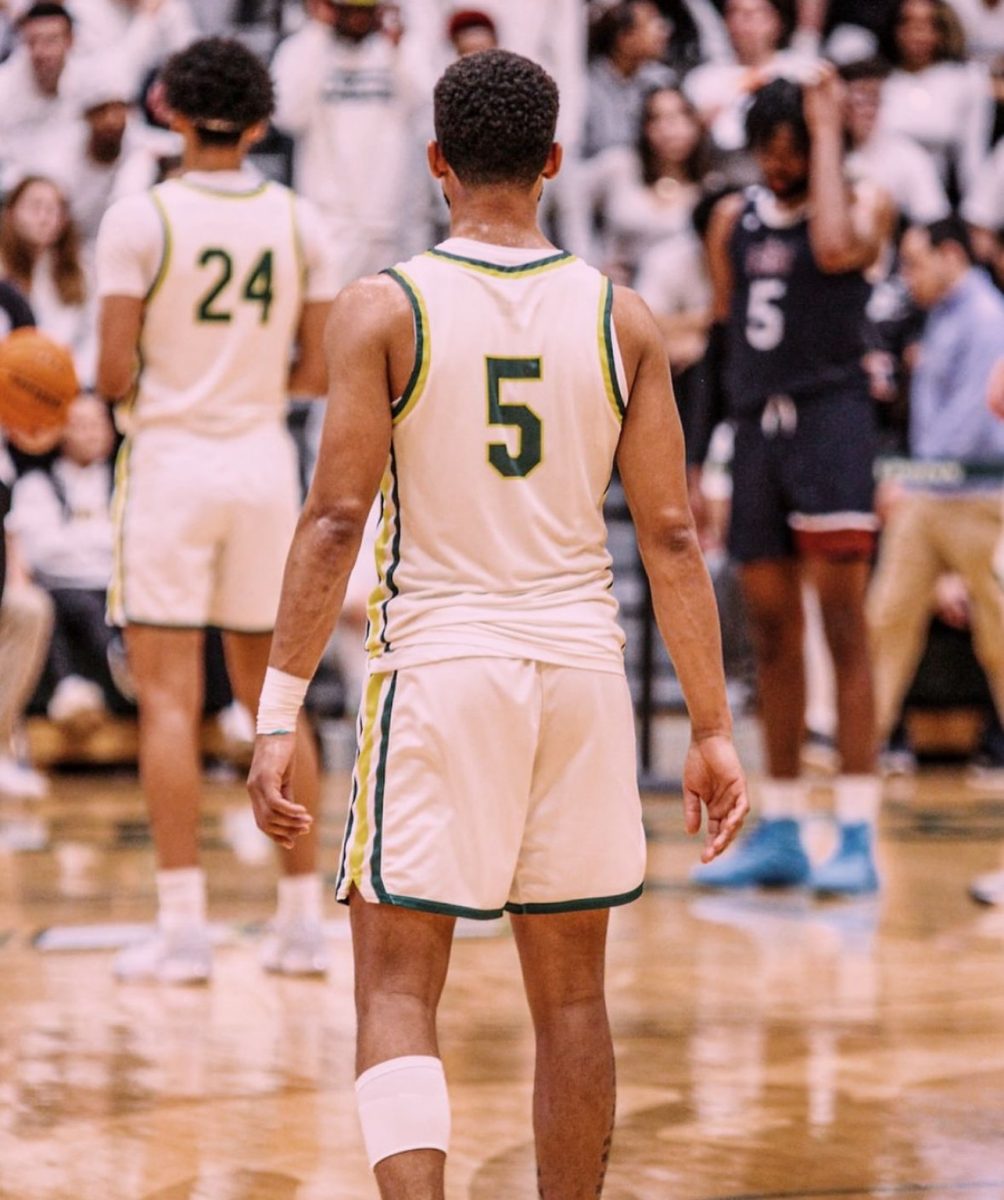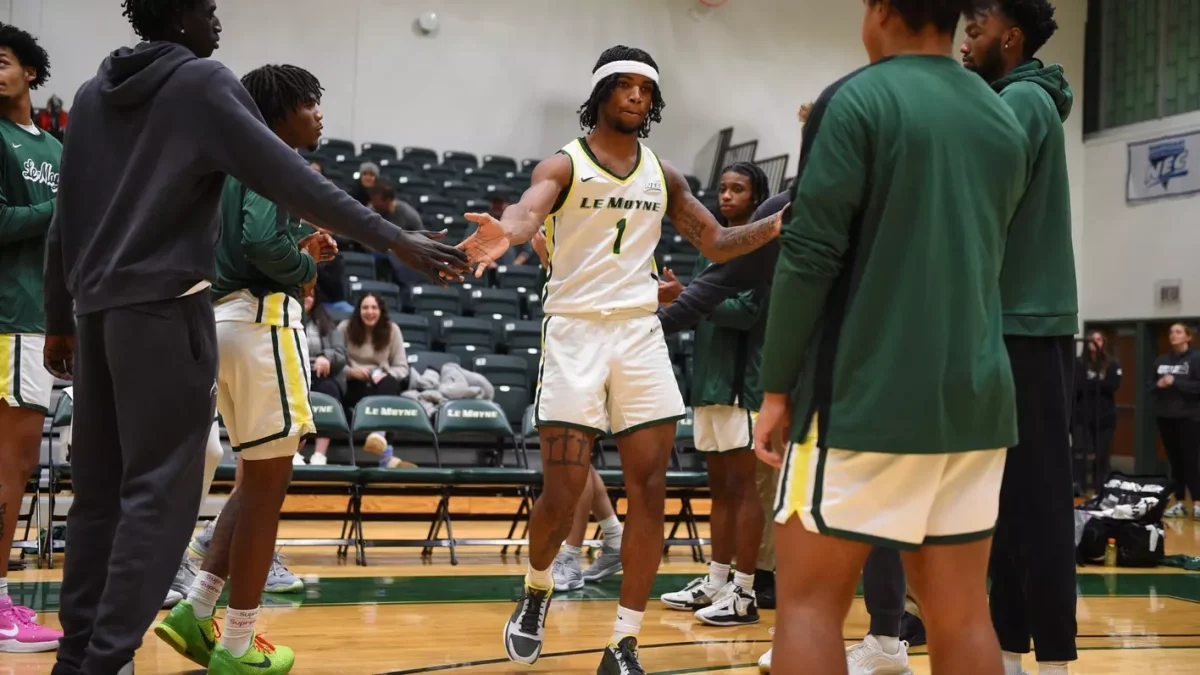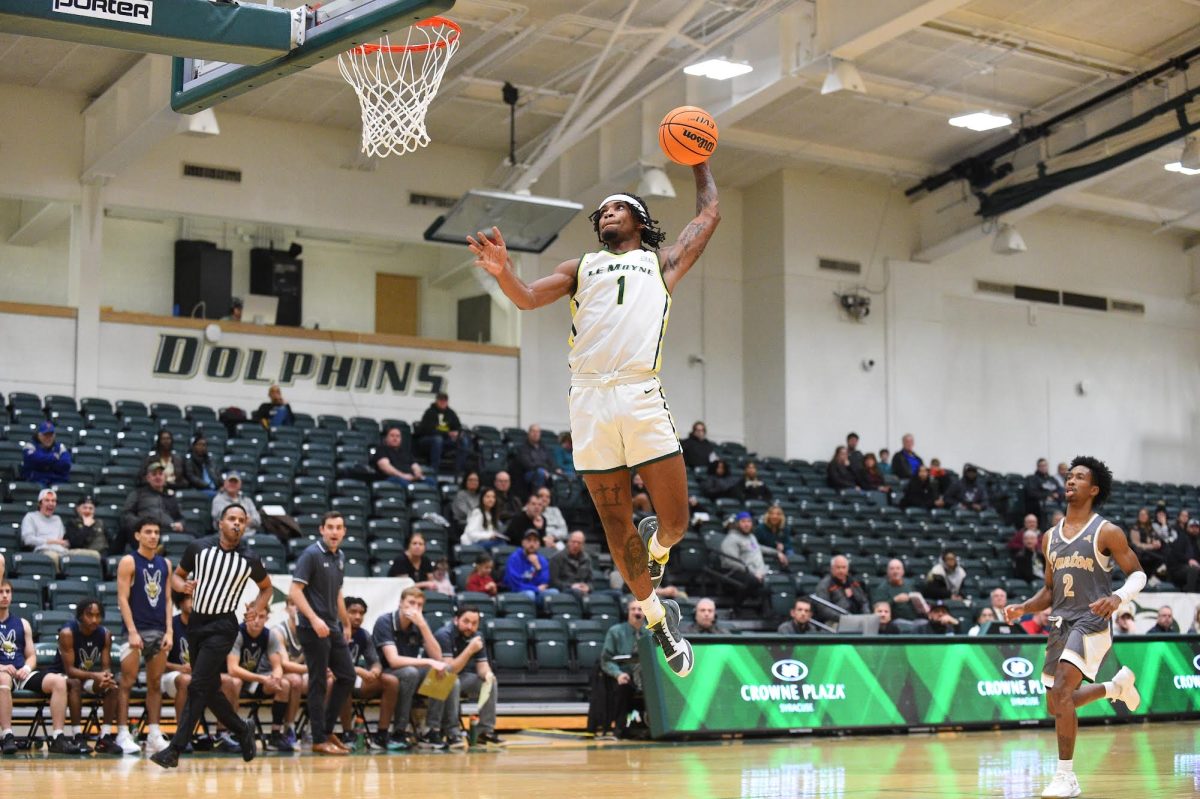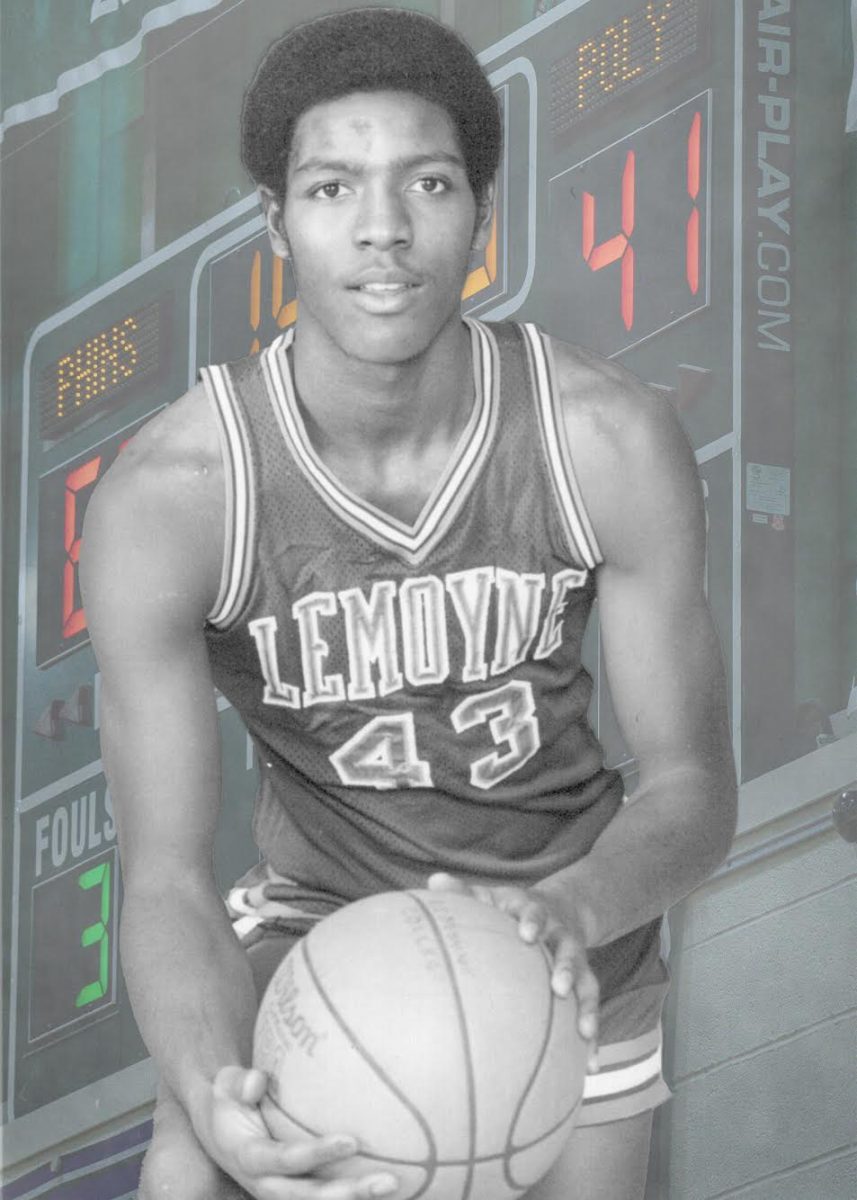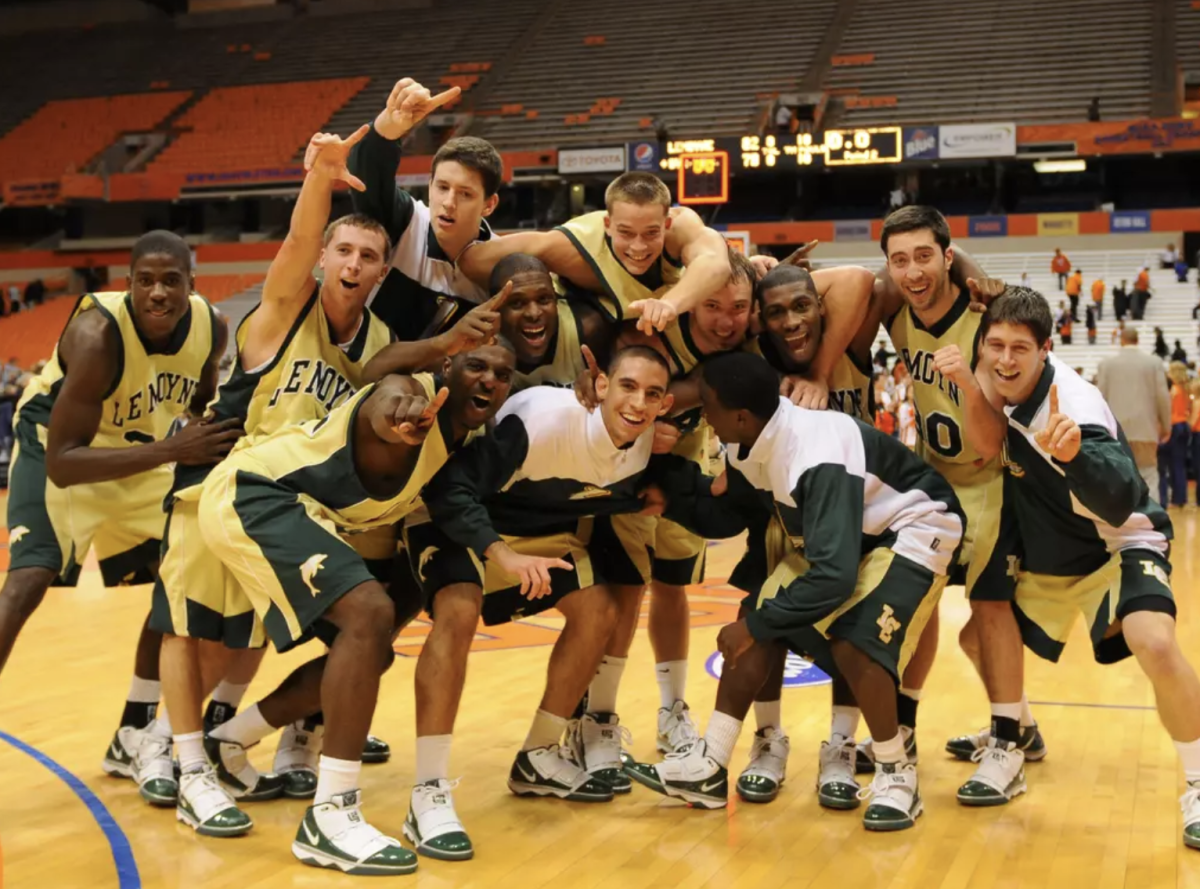If you’ve ever participated in college athletics, you’ve probably observed the comprehensive system for addressing physical injuries. However, the way they approach mental health disorders such as depression is a very different ballgame. Despite steps being taken to address this gap, finding the right and quick psychotherapy for mental issues is still essentially tricky.
It is not uncommon for student-athletes to show reluctance to commit entirely to mental health programs or not to pursue help, even when it is apparent that they need to seek advice from a specialist. One reason for this is stigma, or the desire to avoid the stigma attached to mental health conditions and the distress that it commonly causes like the potential drop in self-esteem. Thankfully, things are starting to change, and academic institutions are taking proactive steps to eliminate the stigma associated with issues related to mental wellness, making it easier for students to get the proper care they need. Here are some sensible suggestions to address the problem!
Let us begin addressing the problem by making it a must! Let us mandate that all collegiate athletes participate in mental health awareness and treatment programs. This way, we guarantee that every student receives the tools necessary to understand and manage their mental health. This can be achieved through seminars, training sessions, or online courses designed to address the unique difficulties that student-athletes face.
The University of California, Irvine, has a concept that other educational institutions may adopt: they have two distinct sets of programs that its athletes must complete every year. These educational programs, Behind Happy Faces and the Student Welfare and Health Promotion, run from August during the preseason to the end of January to accommodate the athletes’ busy schedules. In these training sessions, student-athletes gain insight into how to support one another through issues with mental health while also fortifying their bonds as a team.
Another viable way to address the problem is to improve accessibility. Let’s make it simple to access mental health resources! Colleges should provide easily accessible tools and services swiftly on campus. This means having programs for mental health, peer support networks, and counseling services available and ready for all students, including athletes. Extending business hours, giving teletherapy, or even using smartphone applications are creative ways to make it easier for athletes to receive the support they desire when they require it.
Take Widener University in Pennsylvania as an example. In the spring of 2023, a program named “Check Up From the Neck Up” was launched. Student-athletes use these quick (15–30 minutes) yet enlightening roundtable sessions to gain valuable tips about managing their mental health. No sign-up or attendance limit is set, and they are designed to fit into student athletes’ hectic schedules.
Students also receive a tangible takeaway from each class, including a printed worksheet, a QR code, a brand-new recipe, or self-practice breathing exercises.
Providing comprehensive mental health treatments on campus specifically tailored to student-athletes can also go a long way toward addressing the problem. Besides teaching coping skills, a comprehensive program is one that also targets various other (often co-occurring) issues, such as sleeping issues and disorders, addiction and substance use disorders, depression, eating disorders, performance anxiety, stress, and dealing with fame as a top athlete.
A good example is what the University of Mary Washington in Virginia has achieved with its Let’s Talk Eagles program. The institution has started hosting monthly conversations with various guests for college athletes. In one session, they may bring in a dietitian to discuss body image, healthy food, and maintaining energy. In a subsequent session, they invite former players to discuss life beyond sports. It’s a fantastic opportunity for athletes to get knowledge from professionals and hear from people who have been in similar situations about how they overcame challenges like mental health issues.
Let’s start digitalizing it. Educational institutions can leverage digital platforms and technology to improve access to mental health resources. This could mean designing smartphone applications for student-athletes, setting up online forums and interactive learning environments, and choosing online mental health services for students instead of in-person ones. Through digital technology, educational institutions can connect with students and deal with mental health concerns in a way that best suits their schedules and preferences, enabling them to get the care they crave on their convenience and own terms.
One notable model worth emulating is the one set by the University of Michigan. Knowing that many student-athletes endure mental illness in secret because of the stigma associated with them, the university acted swiftly to establish an online resource called Athletes Connected. This portal provides a wealth of resources, including research findings, blog posts, video clips, and complete support services, all easily extracted in one place. The Athletes Connected program offers students helpful skills and strategies for enhancing overall well-being besides dedicated support during their transition out of athletics.
Without suitable coping mechanisms, the strain of academic commitments, sports performance expectations, and personal obstacles can cause student-athletes to experience significant mental stress. Unfortunately, over one-third of athletes say they’re not sure where to get help with mental health difficulties on campus.
Lastly, college administrators, coaches, and other personnel and stakeholders must understand the impacts of these issues and take aggressive measures to solve them. Establishing well-funded and resourced on-campus and virtual mental health clinics, along with creating peer support groups, can greatly contribute to normalizing mental health support and reducing its stigma in the sports community. Athletes can freely discuss mental health issues and access resources through these initiatives, fostering a supportive and inclusive environment.

